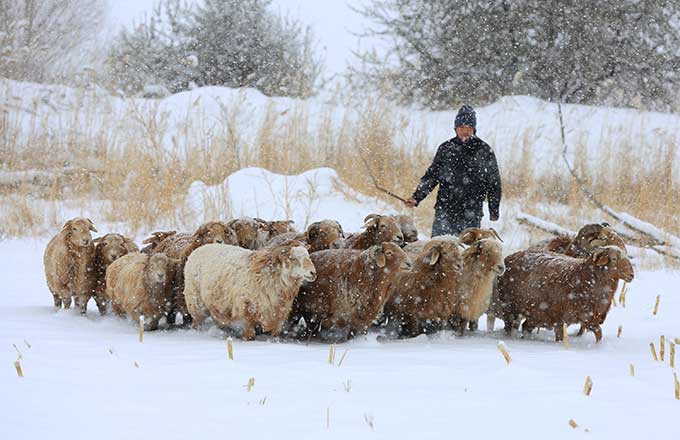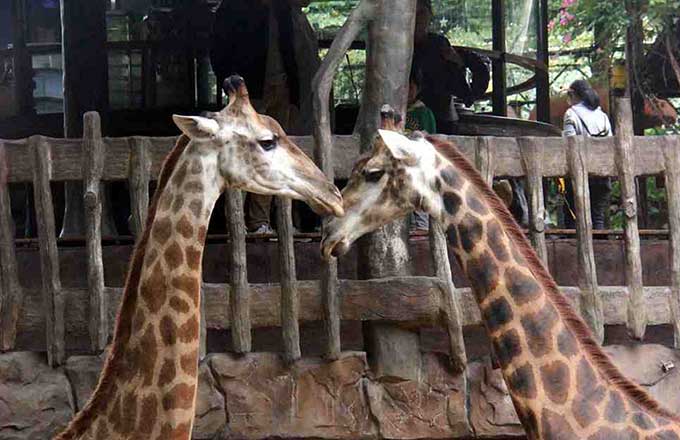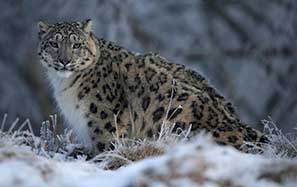Facing doubts, scientist submits gene-editing protocols
Chinese biologist Han Chunyu has provided his experimental data to Nature as requested to help peer researchers replicate his work, but the controversy has not gone away, according to the journal's website.
Meanwhile Han has been working to replicate his own work.
The incident now is evolving into a battle between the widely recognized gene editing tool CRISPR-Cas9 and a potentially better substitute called NgAgo, presented by Han, a geneticist at Hebei University of Science and Technology.
Three months ago, Han reported that the enzyme NgAgo can be used to edit human genes, and an article was published in Nature Biotechnology. However, some researchers said they had been unable to replicate Han's work.
The journal, in response, initiated an investigation and asked Han last week to submit his experimental protocols and original data. The investigation is still underway.
One of the protocols warned that the magnesium level in cells needed to be maintained.
Gaetan Burgio, a geneticist at Australian National University in Canberra, told Nature there was little new in the protocol Han shared.
"That doesn't make any sense tome," he said. Burgio reported on his blog that he had failed to replicate Han's results, which further pushed the controversy into the worldwide spotlight.
A Chinese biology researcher in Beijing who asked for anonymity told China Daily that Han's updating of his protocol is a good start.
"Science and research is hard and takes time. We should allow for more time and patience," the researcher said.
Lluis Montoliu, a geneticist at the Spanish National Centre for Biotechnology in Madrid, previously recommended in an email to colleagues at the International Society for Transgenic Technologies that any project involving the use of NgAgo for gene editing should be abandoned.
It's to "avoid wasting time, money, animals and people", the email said.
The Beijing researcher, however, said efforts to push science ahead should never stop. "It's still too early to give a death sentence to NgAgo," the researcher said.
Han is known for focusing on his research and maintaining a low-key lifestyle. The article about him on Nature's website said he didn't like to travel, and a trip to visit a collaborator in Hangzhou in March was the first time the 42-year-old had ever boarded a plane.
- Is it a thing? 10 odd jobs where you can make good money
- Message on a bottle: Mineral water company launches drive to find missing children
- Sun Yat-sen champion of national integrity, unity: Xi
- Four killed, two injured after house collapses in C China
- Cross-Straits forum held to commemorate Sun Yat-sen





















